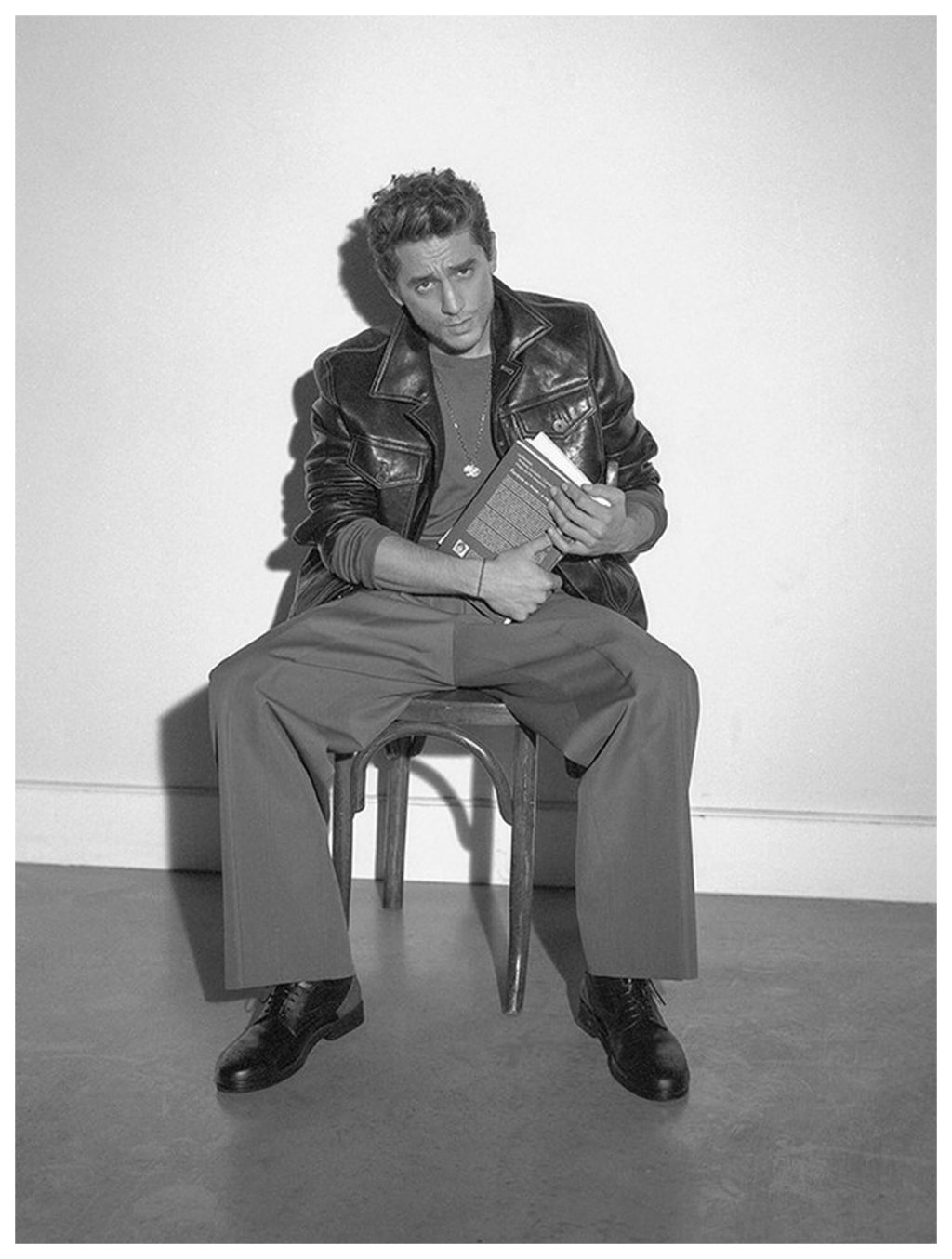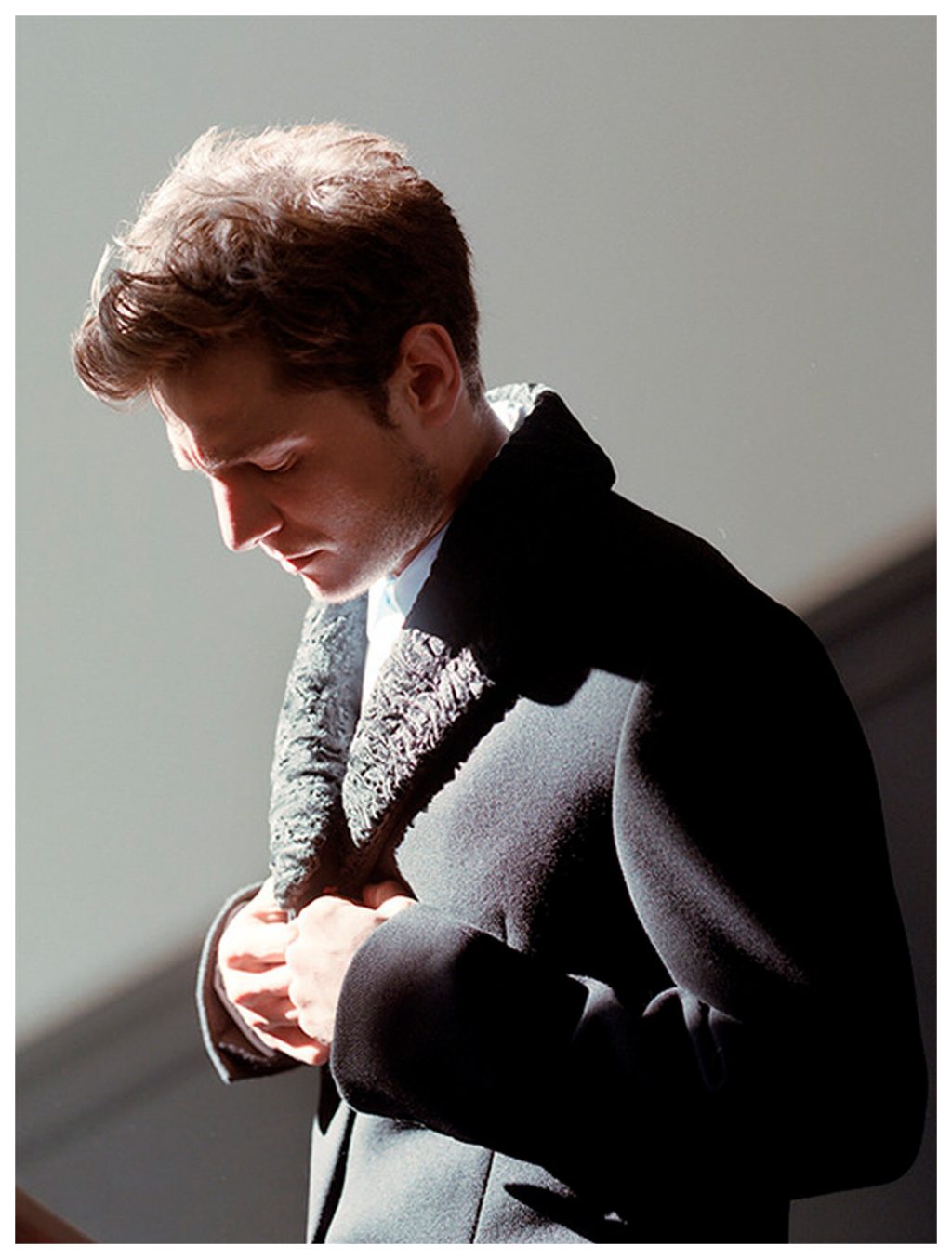Madonna in a Fur Coat
Her şeyi, her şeyi, bilhassa ruhumu hiç bulunmayacak yerlere saklamak…
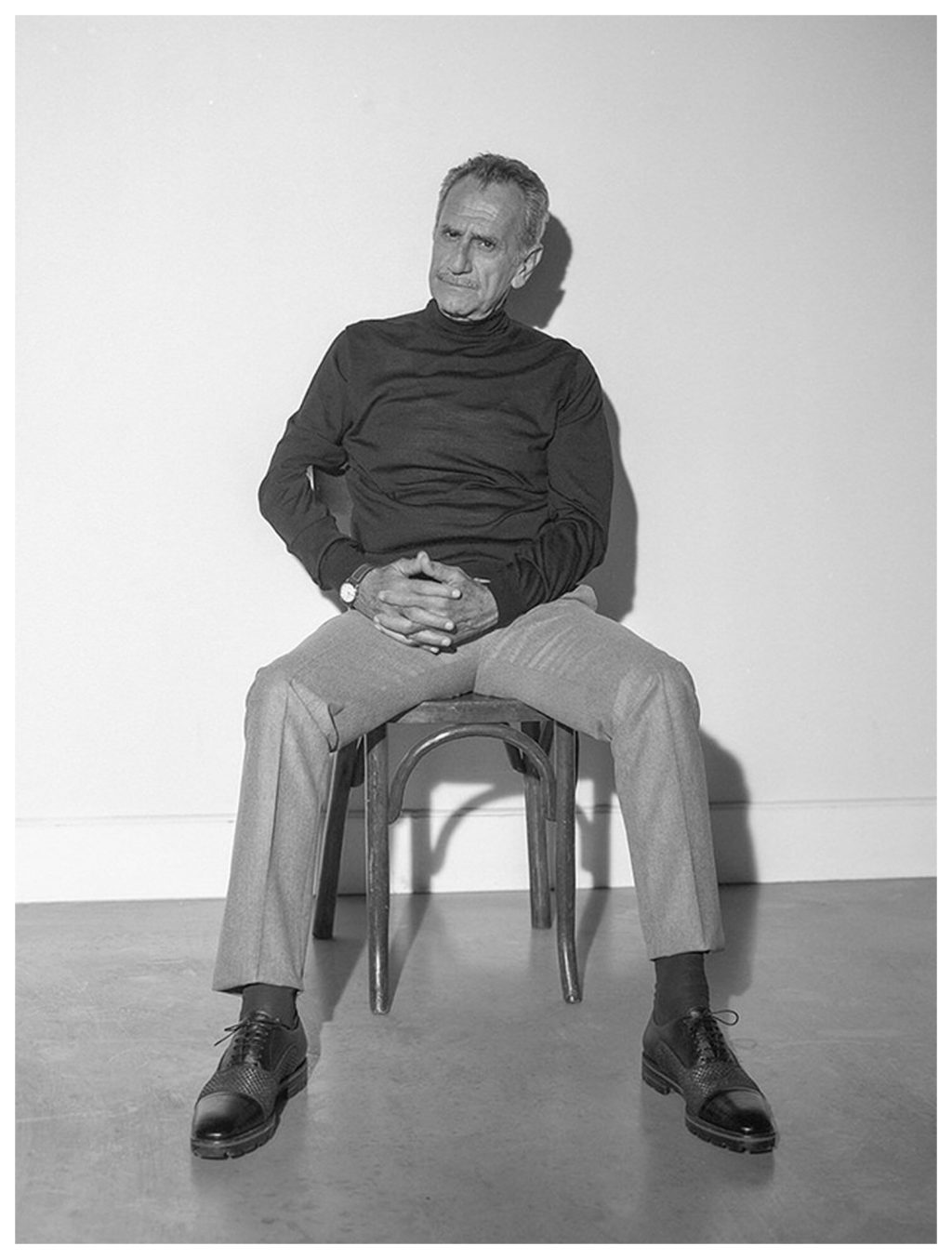
While fitting all kinds of feelings in a story, Sabahattin Ali was mirroring us. Maybe, put to sleep by stories with a happy ending, we were finally able to feel real, and found a common ground in this lonely life.
Setting aside all pop culture shenanigans, we love “Madonna in a Fur Coat” so much especially because it’s real. We all have unfinished stories that resemble Raif Efendi’s life or confident yet hesitating moments as Maria Puder feels. The endless excitement and passion we fell whenever someone mentions this book comes from our unfinished stories.
As the book’s memorable performance (staged by a wonderful cast including Tuba Ünsal, Menderes Samancılar, Alper Saldıran, Sercan Badur, Lila Gürmen, Sacide Taşaner, Emrah Altıntoprak, Özge Özel, Basil Abdunnur, Oya Kaptanoğlu and Kayhan Yıldızoğlu) pushes the limits of stage performances, it’s impossible not to give in to this three-hour-long mental journey.
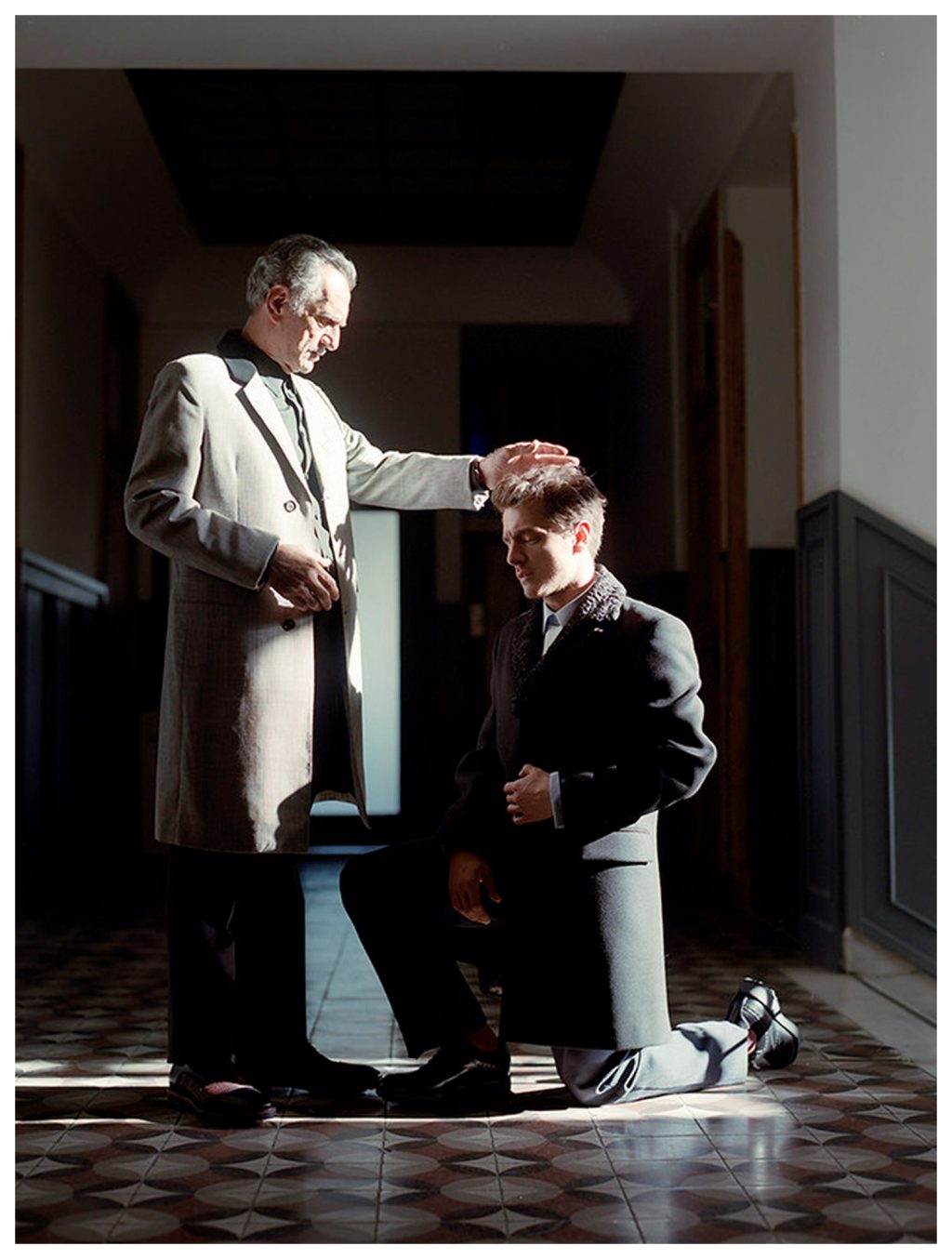
“Göreceksiniz ya, ben dünyadan ziyade kafamın içinde yaşayan bir insanım… Hakiki hayatım benim için can sıkıcı bir rüyadan başka bir şey değildir…”

Tuba Ünsal starts telling the story of the book’s adaptation to theater: “For years, we’ve been observing that people would buy the rights to stage Madonna in a Fur Coat but not producing it. As we were preparing for the new season, we changed our mind and wanted to include a new play in the repertoire. Madonna in a Fur Coat was a suggestion from the team. We were hesitant about the fact that it’s been discussed to adapt the book into a movie. We didn’t know what to feel about this “un-producible” book but it was also a triggering force for us. I’ve always dealt with the impossible throughout my life and seen that the most valuable investments are those born from these. First, we read the book’s stage adaptations; then I decided on Engin Alkan’s version and we reached an agreement. I told him about what kind of a world I imagined, and then we set out on this journey together.” I cannot help but admire Tuba again, feeling that the glow of these people who work to make a difference in life will make the world a whole other place someday.
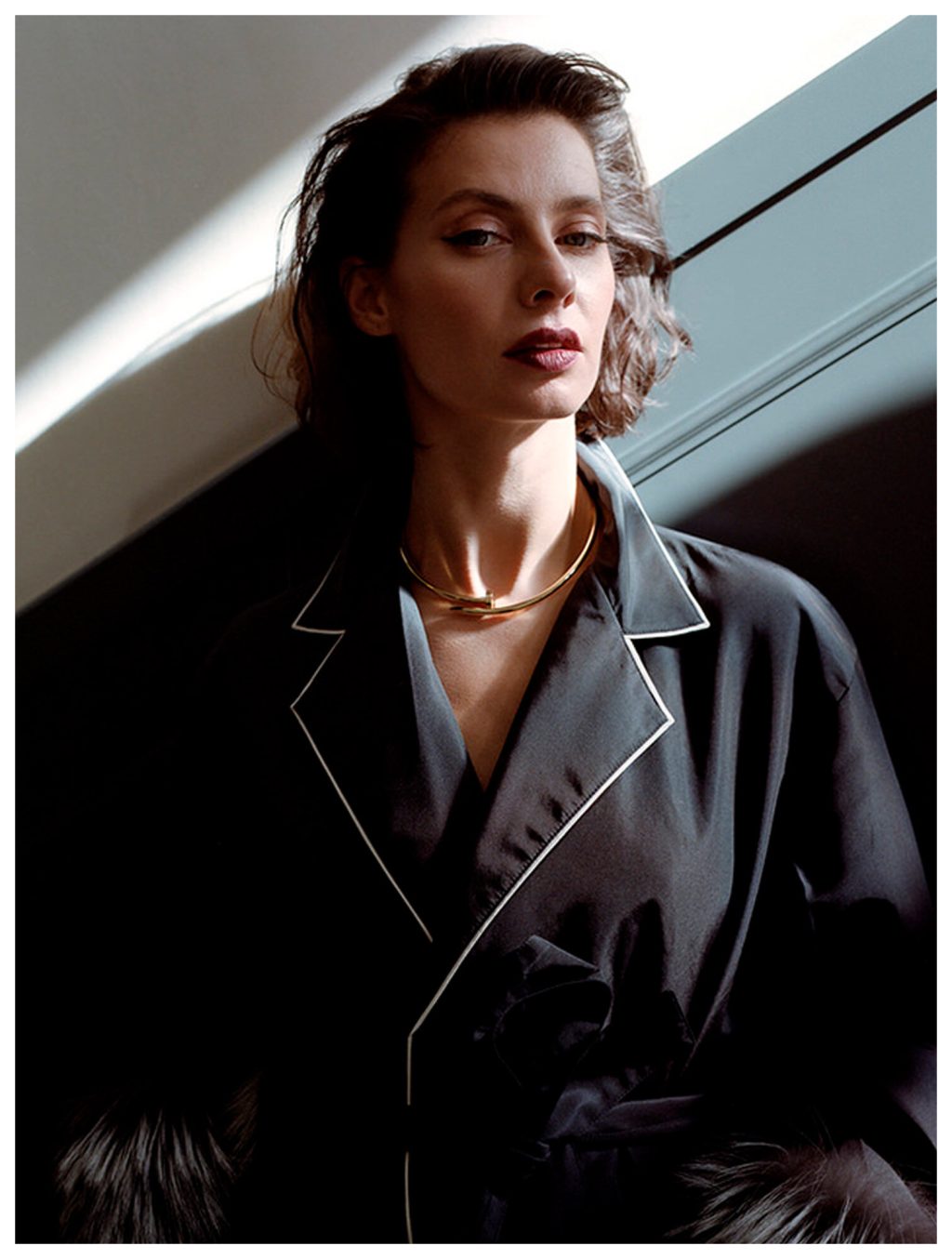
Her defasında yüzünde yeni ifadeler, gitgide kendini belli eden bir hayat görür gibiydim. Aşağıya doğru bakan gözlerin gizlice beni süzdüğünü, dudakların hafifçe kıpırdadığını zannediyordum.
Striving to turn Madonna in a Fur Coat something beyond a play, into a brand, Tuba Ünsal underlines that they approached the project from a 360-degree angle. “We considered this project as a brand and tried to create a thorough world around it. The visual world, the use of technology, choice of music, the painting – every detail was important. We built such a great team, and that was the only way to do justice to this work. The costumes were designed by Beymen led by Murat Türkili, Sezen Aksu composed the song “Veda” for this play, Ahmet Güneştekin painted the famous painting of Maria Puder while Cem Yılmazer was responsible for the lights and the décor. It was a dream team of theater.”
Everything is so perfect that it’s impossible not to be taken by it.
I ask Menderes Samancılar, who gives a chilling performance of Raif Efendi’s last years, “How would you describe Raif Efendi to someone who’s never read the book?” He replies: “His whole life is imprisoned in a sense of longing, pain and never-ending loneliness even in the most crowded moments. This
is the long and painful journey Raif Efendi goes on to make towards people’s hearts – it’s a journey of souls.” There is no right or wrong on the stage – only performance! “There are such moments and scenes that you need to shatter all fundamental rules and habits. Wrong can be right. In short, in this profession, finding wrong in right resembles looking for a needle in a haystack,” he says. That’s why theater is about courage. He describes the face-off on stage as “You have to succeed without failure. If you miss it, you become the target.” In theater, you have to know what you’re looking for; both the audience and the actor must be sure of themselves.
The book takes you on an inner journey full of self-reflection. “When I first read the book, I remembered the experiences I had around the time I was beginning life,” says Alperen Saldıran. Alperen fell in love with Raif Efendi’s imagination, his ability to imagine in the sharp reality of World War I. “To get lost in dreams by a river surrounded by the sound of sheep and war.”
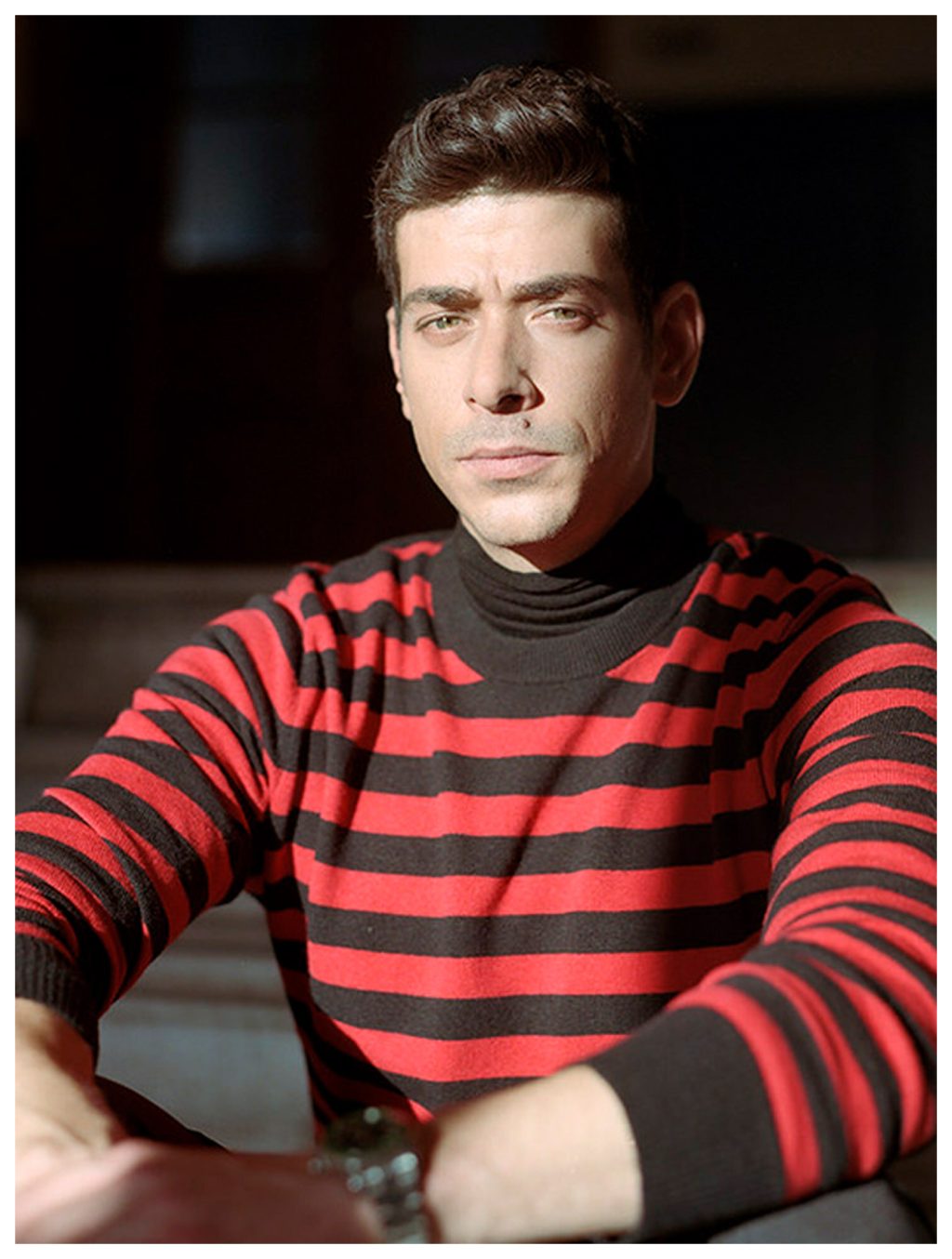
Her şeye hazır bulunan ve kimden ne gelebileceğini bilen bir insanı sarsmak mümkün müdür?
Sabahattin Ali has alwas been a great inspiration for Sercan Badur. “His novels, poems and even lines which we hear in songs… After I began to get to know him and understand him, his spirit has always been with me.
It’s impossible not to get mesmerized.” While Sercan was preparing for his role, his family coincidentally visited the prison in Sinop Sabahattin Ali stayed at. “My mother sent me pictures and videos of his room. I was very impressed.”
We’re in love with happy endings. Yet, Tuba corrects me: “I cannot say that this is a sad ending. Yes, the story in the journal ends with a great sorrow but the author explores that he now knows Raif Bey, shares his soul and secrets, and that he has a deep connection with him. And this teaches a great life lesson to the reader and the audience.”
Köşeli dizler ve omuzlar, nispetsiz başlar ve memeler, elişi kâğıdından yapılmış gibi keskin renklerle gösterilmeye çalışılan tabiat manzaraları. Kırık bir tuğla parçası kadar şekilsiz kristal vazolar…
The play has a lot to say about love and life. Tuba ends her comments with a quote from the book: “Love is not something that diminishes as it scatters. It’s a feeling of wanting – wanting something with your entire soul and body. Love is a sense of desire that cannot be resisted.”
